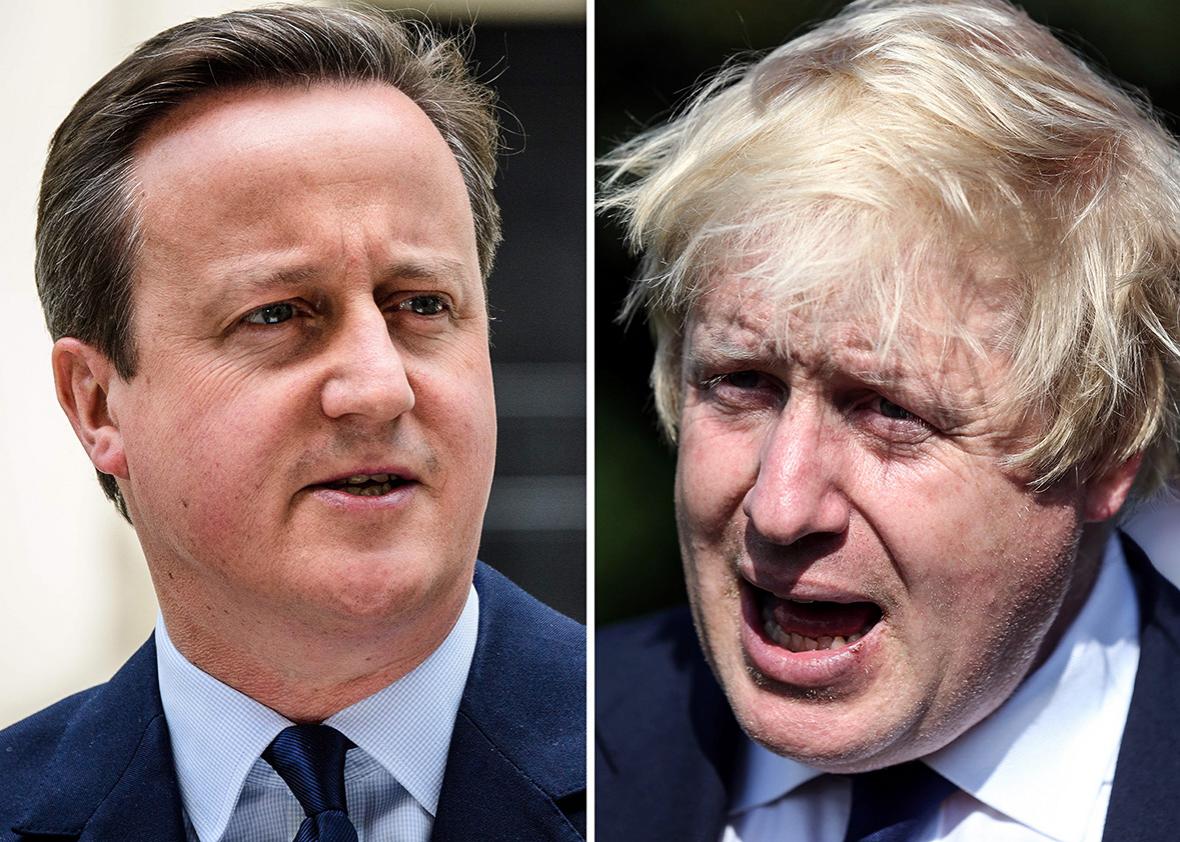To think of England is to think of things that are silly: the royal family, Christmas pantomimes, tabloid headlines, the Beatles, cricket, names like Prunella Scales and Sir Peregrine Worsthorne, towns like Nuneaton and Oundle, patterns of phrase construction based on unspoken rhymes, a department store where you could buy an elephant. But don’t mistake that silliness for stupidity. America always threatens to tip over into “the fury, the violence, and the desperation of the counterpastoral … the indigenous American berserk.” English silliness is the silliness of a Twelfth Night festival, at which order is temporarily upended, then safely restored at midnight. It acts as a safety valve for an essentially stable authority.
The British establishment has sometimes behaved sadistically toward those it didn’t deem worthy of membership; it has had a tendency to coddle things like pederasty and alcoholism; it was never above ransacking its monasteries and distributing their treasures to its cronies. And yet for all its corruption, it did its job. It adapted. It made common cause with one former enemy after another: the Scots, the French, the Germans. In the 1940s, Britain suffered sustained aerial bombing that killed 40,000 civilians—imagine 13 Sept. 11s within eight months—and then helped the aggressors rebuild. It gave up its empire and pioneered the welfare state. It’s a modern cosmopolitan democracy with a Parliament established in the 13th century and a monarchy that goes back to 871.
Britain at the end of the 20th century was often violent, and corrupt, and racist, and tacky. But it didn’t seem likely to fall apart, because it had an establishment that took its preservative responsibility seriously. That is no longer the case.
There are plenty of reasons the U.K. has seen fit to plunge directly off a cliff: the impoverishment of the provinces, the government’s austerity policies, the race-baiting demagoguery of the newspapers, the lousy weather that depressed turnout in London, the incompetent governance of the European Union. But all of this would have caused only ordinary misery if not for two men at the heart of the establishment scrabbling disastrously after short-term opportunity.
Boris Johnson is essentially amoral, a trickster. He finagled his way into the establishment as a kind of performing monkey, with his wild hair and his enthusiasm for being photographed in amusing situations. The U.K. has a tradition of journalist-politicians, loquacious men who write witty columns and tell funny stories on TV and then stand for Parliament and make it seem like a bit of fun. (Remember that London is both the media capital and the seat of government— both New York and Washington—which makes it easier to move from one world to the other.) Most serve a term or two and then return to writing newspaper columns or biographies. Johnson is more ambitious than that. He saw in the “Leave” campaign an opportunity—to topple David Cameron and position himself as his logical successor, and to make some mischief—and he took it. Better to reign in hell than serve in Brussels.
Whereas Cameron, an establishment man through and through, is the sort of person who gets away with too many things and comes to mistake his privilege for innate luck. “I’ve never hidden the fact that I am a very lucky person,” he said when it emerged he’d profited from an offshore trust in Panama set up by his father. “I had wealthy parents who gave me a great upbringing.” He was lucky to become prime minister when negotiations between Labour and the Liberal Democrats broke down. He was lucky that a 2014 vote on Scottish independence didn’t sunder the United Kingdom on his watch. When Nigel Farage’s U.K. Independence Party threatened to siphon off anti-immigrant voters from the Tories, Cameron took a risk and offered them a referendum on Brexit. It was surely a failure of imagination: He couldn’t believe his luck would let him down.
So, for another term as prime minister, he gambled with his country’s future, and with the future of Europe—with the whole historic struggle to transcend nationalism and ethnic grievance. As it happens, he lost.
Americans are always ready to take up against the elites, to gleefully reject the best advice of the experts and go their own way, even if their own way is gruesome and stupid. Americans cherish their freedom to shoot themselves in the foot, both literally and figuratively. But this populist moment plays differently in Britain. After years of austerity and stagnation, the governing classes saw anti-elitism and racial resentment as tigers to ride. Surely they were still in control. Why not let the punters have a bit of fun?
But the British people, half of them, at least (the older, whiter half), had stopped letting the establishment tell them what to do—were eager, in fact, to give the establishment a poke in the eye, just as Boris did. Some of them thought this was more silliness. The powers that be wouldn’t really let things fall apart, would they?
